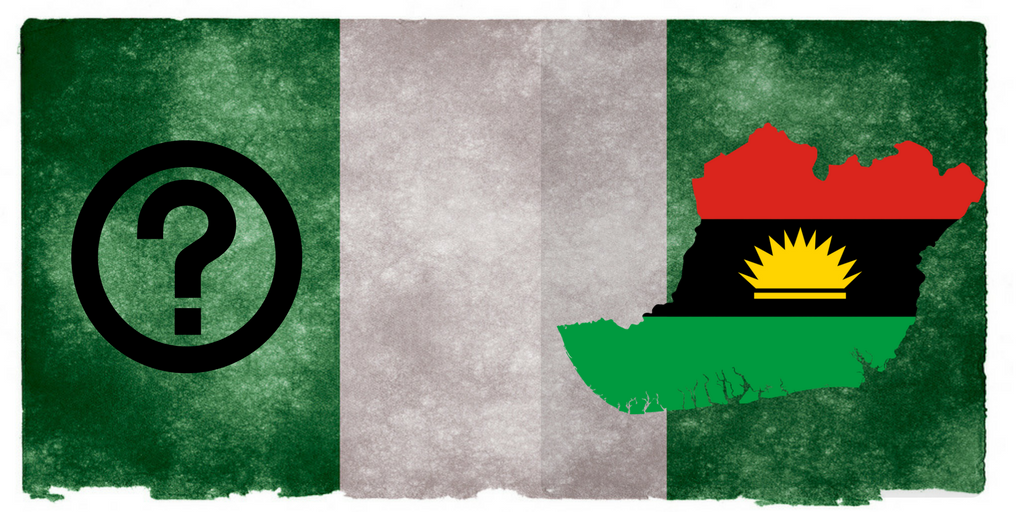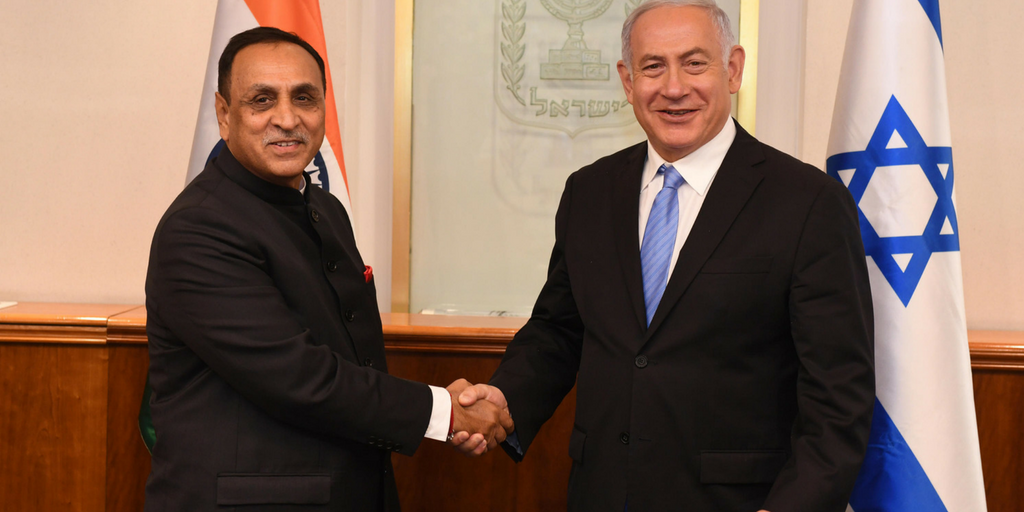The news is awash with rumors of Prime Minister Netanyahu’s face to face meeting with Muhamed bin Salman, the Saudi Crown Prince, also known as MBS. Now confirmed, the meeting took place on Sunday in the desert city of Neom.
Under construction as a $500 billion showcase of technological innovation, the Israeli leader spent nearly five hours with MBS, Saudi Arabia’s heir to the throne. The Prime Minister was joined by U.S. Secretary of State Mike Pompeo and Mossad Director Yossi Cohen.
While the setting of Neom was a fitting place for this groundbreaking meeting, it was not the technology or environmental aspects of Neom the two leaders were discussing. More than likely, they were discussing the incoming Biden administration and the dangers it brings to the region.
It is also true that with less than two months left to President Trump’s term full normalization may be on the table. Such a move is necessary in order to block the potential return of the JCPOA (Iranian nuclear deal), which threatens the safety of both the Sunni Arab Gulf States and Israel.
However, the JCPOA is only one worry. The immediate change in status for Iran in dealing with the White House is what scares Israel and its new Arab allies. Iran, backed by China and a compliant America will be able to demonize the Persian Gulf and beyond.
Biden’s incoming administration is more like a third term for Obama and it is this third term, which seeks to truly transform the world. From faux climate change to reengaging China and Iran, the Deep State and globalists who now find themselves moments away from active control of the USA are salivating for the opportunity to push back on Israel and the Saudi-UAE-Bahrain alliance.
Remember, it was the Obama administration who enabled ISIS and thus created a vacuum of power in Iraq that allowed Iran to march into.
Antony Blinken is Only Tip Of The Iceberg
Antony Blinken the incoming Secretary of State was one of the backers and architects of the JCPOA. He will have full control of America’s foreign policy and appears ready to reengage with Iran. With Biden, largely expected to take a back seat to decision making, Blinken’s role will be magnified.
Another Obama-Clinton retread is Jack Sullivan, who served as Deputy Chief of Staff for Secretary of State Hillary Clinton. Biden has appointed him as incoming Director of the National Security Advisor (NSA).
Finally (at least for now), Avril Haines who worked at the White House starting in 2010 as a national security lawyer and then in 2013, then CIA Director John Brennan appointed her deputy director for the CIA. Brennan was the one who brought us drone assassinations, an expanded Iran, and a decimated Libya among other things.
The above appointments and more show which direction the Biden team plans on heading on Jan. 20th.
Bibi and MBS Building An Alliance
The 1 hour trip to Neom was in essence a path forward for both Israel and Saudi Arabia. The ascendancy of Biden to President means a possible reversal of the gains the Trump Administration accomplished. This is why Israel and Saudi Arabia may have no choice but to forge a path together and build a new Middle East with or without America. By doing so, they will have the ability to hold back the Mullahs and in many ways the coming Biden Administration.





